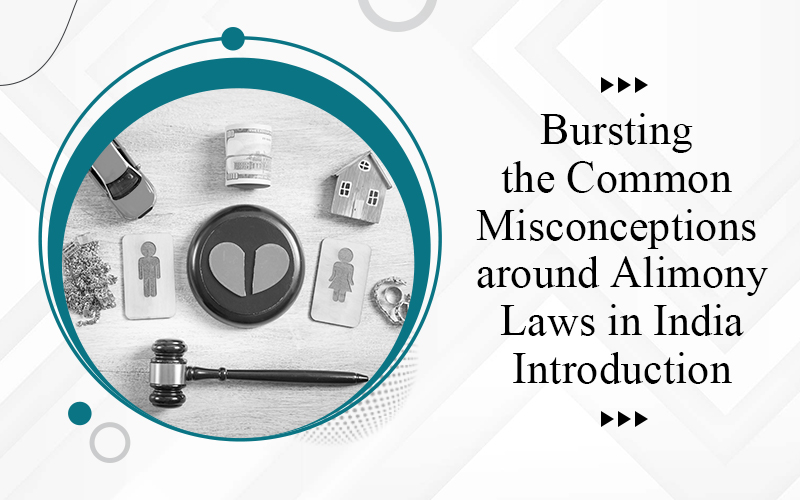Civil Suit for Recovery of Debt
You can file a civil suit in a court of law to recover the debt. This is generally done in a civil court where you present evidence of the loan agreement and the failure of the borrower to repay. To strengthen your case, you need to provide evidence such as a written loan agreement, promissory notes, receipts, or any communication between you and the borrower regarding the loan. If the court rules in your favor, it will issue a judgment against the borrower. You can then take steps to enforce the judgment and recover the amount, which may include garnishment of wages or seizure of assets.
Negotiation and Mediation
Before pursuing legal action, try negotiating with the borrower to resolve the matter amicably. Sometimes, borrowers may be willing to repay the loan in installments or agree to a settlement. You can also opt for mediation services, where a neutral third party helps both parties reach an agreement. Mediation can be a quicker and less expensive way to resolve disputes.
Criminal Proceedings for Cheque Bounce
If the borrower issued a cheque that bounced due to insufficient funds, you can file a complaint under Section 138 of the Negotiable Instruments Act, 1881. This section deals with dishonor of cheques and provides a legal recourse for recovery. To file a complaint, you must first issue a legal notice to the borrower demanding payment. If the borrower fails to pay within 15 days of receiving the notice, you can file a criminal complaint in the appropriate court.
- Debt Recovery Tribunal (DRT)
If the amount of debt is substantial, you can approach the Debt Recovery Tribunal (DRT) under the Recovery of Debts Due to Banks and Financial Institutions Act, 1993. The DRT is a specialized tribunal that handles cases related to the recovery of debts and is often faster in handling such matters compared to regular civil courts.
- Consumer Forum (If Applicable)
If the loan was provided in the context of consumer services or goods, and the borrower is a business or service provider, you may file a complaint with the Consumer Forum under the Consumer Protection Act, 2019. The forum can provide redressal for disputes related to service deficiencies or unfair practices.
- Arbitration
If there is an arbitration clause in your loan agreement, you may need to resolve the dispute through arbitration. Arbitration is a process where a neutral arbitrator makes a binding decision on the dispute.
Conclusion
If someone does not repay money you lent them, you have several legal options to recover the debt in India. You can file a civil suit, engage in negotiation or mediation, pursue criminal proceedings for cheque bounce, approach the Debt Recovery Tribunal, or file a complaint with a consumer forum if applicable.





4 Responses
I am an NRI. I gave my friend a money in Euros which is currently worth 10 lakh as his mom was diagnosed with cancer and he needed for medical treatment. I paid him in phase from around July 2022 onwards. He is not giving me any proper response for returning the money. I highly doubt whether he is able to repay me back. How can I recover my money through legal means?
Debited money recovery
Sir ,
We are an Registered Food Stuff Importer in UAE Last 15 Years , BLUE CANYON GENERAL TRADING LLC -J2395
We are agreed last Month to Import 26 Mts Jeeraka Shala Rice from one Indian company HRM Export
As per agreement we Pay 25% advance from total Invoice Value , almost 8000$ ,
After receive Advance payment they are not Sent Our Goods as well as not return Back our advance payment
We need to register a complaints against HRM EXPORTERS India and Kindly Support to recover our Advance payment
Attached Documents
I gave rs.2300000(Twenty three lacs) to a DSA of j&K bank named Abusad Azmi for Housing Loan from J&K bank . I gave rs 120000 lacs in his bank Account and rest of money in cash. He gave me false sanctioned letter and opened my bank account in j&k bank in khel gaon Delhi . Four years has gone. Now Abusad Azmi not refunding money. What should I do?